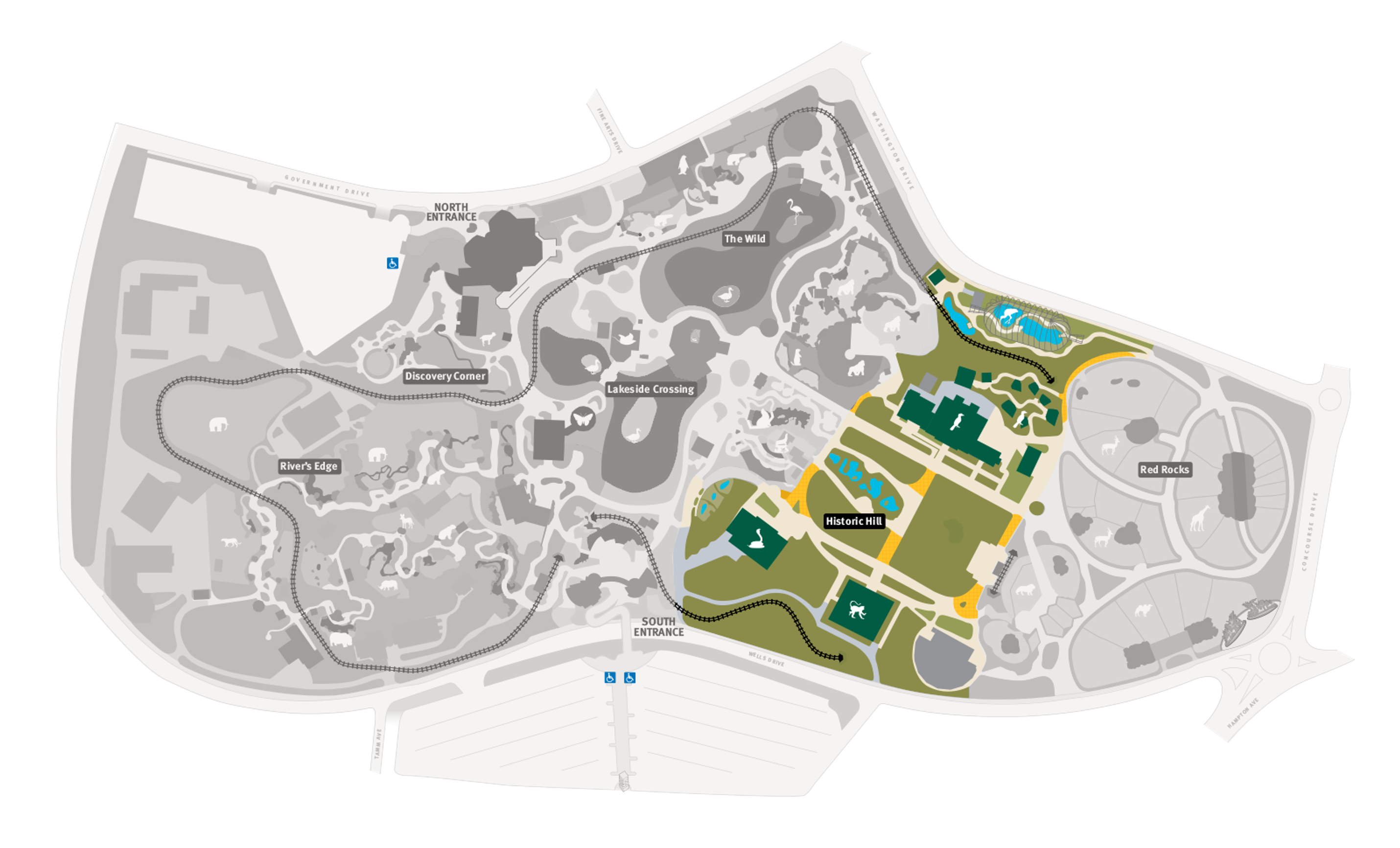
Red-billed Blue Magpie
Urocissa erythroryncha
Did you know?
· Red-billed blue magpies are a part of the Corvidae family, which they share with other intelligent birds, such as crows and ravens.
· They are named for their blue feathers and red bill.
· They live in forests in northern and eastern India, China, and Southeast Asia
· They are opportunistic omnivores, even stealing eggs and chicks of other bird species.
· A female will lay three to five eggs per clutch.
Adaptations
Red-billed blue magpies have striking white and blue tail feathers that can grow up to 17 inches long, which may be used in courtship displays. They are known for their vocal mimicry, which is the ability to vocally imitate other species. Their varied calls include a high-pitched whistle that sounds like a flute.
Intelligence
Red-billed blue magpies are part of the Corvidae family, a family of songbird species that are known for their high intelligence. There is not a lot of research available about red-billed blue magpies, but it is understood they are smart like their closely-related relatives: crows, ravens and magpies. With the great urban development that has occurred in their natural habitats, they have adapted to urban life. These magpies have even been found living successfully in Hong Kong and Beijing.
Threat Level
- Unknown
- Common
- Near Threatened
- Threatened
- Endangered
- Critically Endangered
- Extinct in the Wild
Common
The Red-billed Blue Magpie is widespread and abundant.
Range
Northern and eastern India, China and Southeast Asia
Habitat
Forests, woodlands

We care about red-billed blue magpies
We support red-billed blue magpies in the Bird House at the Zoo. Learn more about how we are helping wildlife around the world: Dedicated to Conservation
Find this animal in Historic Hill

SAINT LOUIS ZOO ZONE
Historic Hill
Historic Hill is a lovely stroll through one of the oldest parts of the Saint Louis Zoo. From the 1904 World’s Fair Flight Cage to the Spanish architectural flavor of the 1920s in the Bird House, Primate House and Herpetarium to the finishing touches of our thoroughly modern exhibits, this area of the Zoo has a unique ambiance and a nostalgic history that make it a great destination.

